This post contains affiliate links for which we may receive compensation at no additional cost to you. Click here to read our full affiliate policy.
Though April often brings gloomy skies, it’s also full of joyful occasions, including International Children’s Book Day on April 2nd and Drop Everything and Read Day on April 12th. Let’s celebrate with a lively new collection of our April Epic book recommendations!
Hello, Rain!
There’s nothing wrong with telling ourselves that “April showers bring May flowers,” but this gorgeous book reminds us that the showers are great all on their own!
Author Kyo Maclear and illustrator Chris Turnham have created a colorful ode to rain for early elementary students. It follows the adventures of an unnamed young girl and her curious dog as they head out into a downpour.
Therapy ideas and skills to target:
- Parts of speech: The language of this book is simple but rich, full of vivid adjectives and verbs in particular. Students could do a word-sorting activity and find examples of different parts of speech. They could also select an adjective and brainstorm other objects that could be described by that same word.
- Synonyms: This book is perfect for introducing the topic of synonyms—it includes many synonyms for “rain,” including “deluge,” “downpour,” “drizzle,” sprinkle,” and “storm.”
- Extensions and research: Students could learn more about the many plants and animals mentioned in the book, or they could splash into the topic of onomatopoeia—the book is filled with engaging examples.
You can also grab a copy of this colorful hard cover picture book here.
The Perfect Project
April is Autism Acceptance Month—the perfect time to read The Perfect Project! This warmhearted book is part of Dr. Tracy Packiam Alloway’s excellent SEN Superpowers series that gently explores different examples of neurodivergence.
The star of this book is Charlie, an autistic student who makes a meaningful contribution to a science fair group project with his knowledge of trains. Importantly, the book offers a neutral depiction of autism—it celebrates autistic strengths, but doesn’t ignore autistic challenges. It’s likely to be validating for autistic students and eye-opening for neurotypical peers.
Therapy ideas and skills to target:
- Social-emotional learning: One of the most beautiful elements of this book is the support that Charlie receives. Students could talk about a time they needed help from a friend or offered help to a friend.
- Predicting: This story includes several clear opportunities to pause for students to use context clues and make an informed guess about what will happen next.
- Extensions and research: Students could learn more about autism (the Autistic Self-Advocacy Network has wonderful resources), or plan an event for Autism Acceptance Month.
Guess the Bird
Draw a Bird Day is celebrated on April 8th every year. It honors Dorie Cooper, who tried to cheer up her uncle—an injured veteran—by asking him to draw a picture of a bird.
Kari Noel’s fun nonfiction book intrigues students by offering them a partial glimpse of a bird on one page, with the full photo on the following page. It also provides interesting facts about each bird species that is presented.
Therapy ideas and skills to target:
- Inferences: This book provides an accessible introduction to inferencing. After looking at each partial bird photo, students could discuss what they see and make a guess about the bird’s species.
- Describing: Students could describe each bird, including size, color, shape, habitat location, and unique features.
- Extension: What would Draw a Bird Day be without a bird drawing? The incredible YouTube resource Art for Kids Hub has multiple tutorials for drawing birds, including this adorable option that’s perfect for younger students. As a bonus, drawing is also great for targeting sequencing skills and following directions.
Curious Questions and Answers about Space Machines, the Moon, and Astronauts
April 12th is the International Day of Human Space Flight, commemorating the date that Yuri Gagarin became the first person to visit space.
The authors of these three selections from the wonderful Curious Questions and Answers series have created something for each space enthusiast on your caseload, whether they want to know how many parts are in a space shuttle (2.5 million!), the names of the moon’s craters (Billy and Carol!), or how astronauts do laundry in space (they don’t!). Anne Rooney wrote Space Machines and The Moon, and Sue Becklake is the author of Astronauts.
Therapy ideas and skills to target:
- Answering questions: These books work well as models for many types of questions, and they even include fun “would you rather” questions that encourage engagement and discussion. Students could also generate their own questions about topics raised in the books and research the answers.
- Articulation: Talking about space is an ideal opportunity to practice s-blends!
- Extension: Students could learn more about space with resources like Science Time From Space or The Digital SLP’s outer space virtual field trip.
Check out the following links for hardcovers of the Curious Questions and Answers series here:
- Curious Questions and Answers about Space Machines
- Curious Questions and Answers about the Moon
- Curious Questions and Answers about Astronauts
Daring Play: How a Courageous Jackie Robinson Transformed Baseball
On April 15th, 1947, Jackie Robinson made history by becoming the first Black player to take the field for a major league baseball game. Since 2004, April 15th has been celebrated as Jackie Robinson Day, honoring Jackie’s enduring legacy.
Michael Burgan’s detailed account of Jackie’s life would work well for middle school and even some high school students. At over 50 pages, it’s lengthy, but the text is interspersed with fascinating photographs, and the chapters also work as self-contained units, so the difficulty level can be adjusted as needed.
Therapy ideas and skills to target:
- Vocabulary: This biography has an abundance of Tier II vocabulary, including “discrimination,” “integrate,” and “subordination.” Students could use context clues to determine the meaning of designated words.
- Personal connections/social-emotional learning: Not only did Jackie Robinson experience overt racism, he was expected to remain calm when targeted. Students could discuss ideas about how to combat racism and consider the many possible reactions to injustice.
- Extension/research: The Jackie Robinson Museum has a phenomenal collection of online resources for further learning, including trivia, discussion questions, pennant templates, and a vast archive of primary sources. As a bonus, many of these resources even offer Google Classroom integration!
I hope you have find my April Epic book recommendations to be useful. All of these books are available for free through Epic when you sign up for an educator account, or you could request them from your local library. Happy reading!

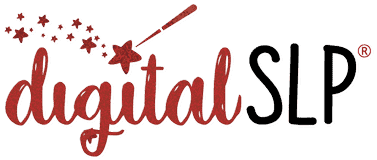
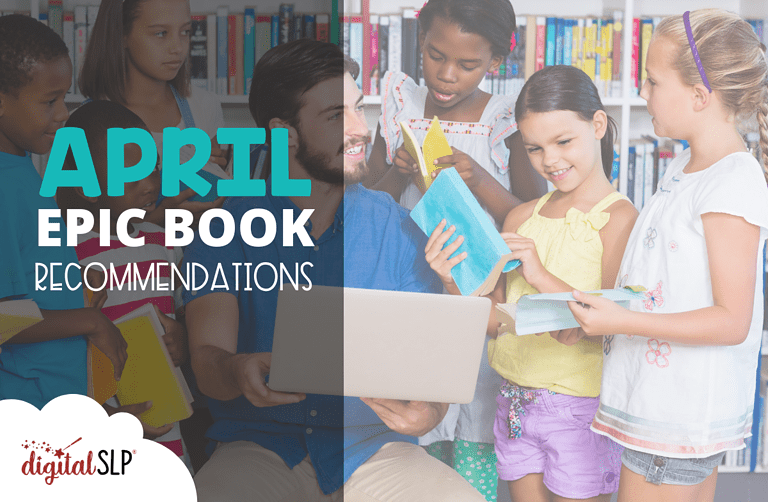
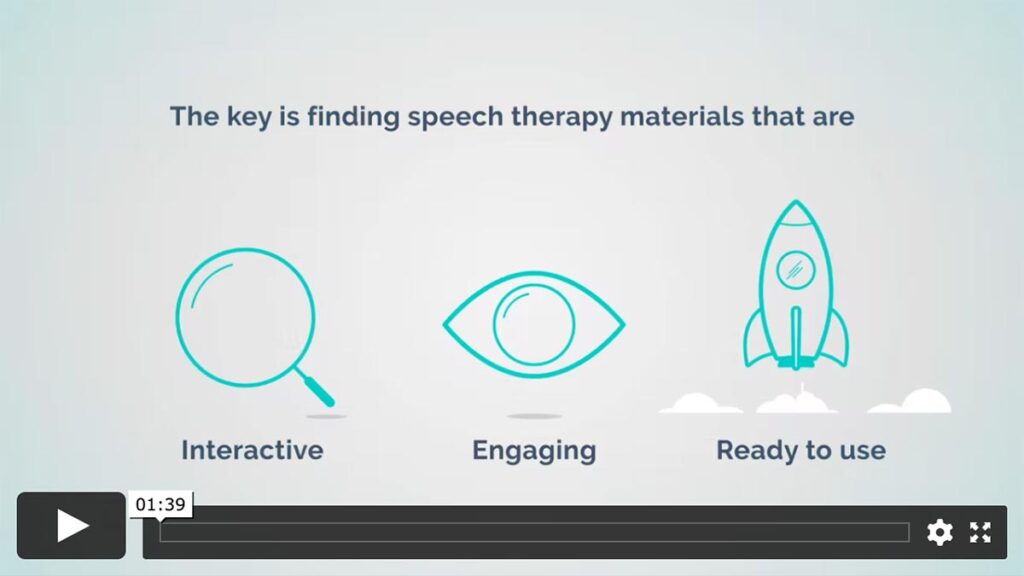




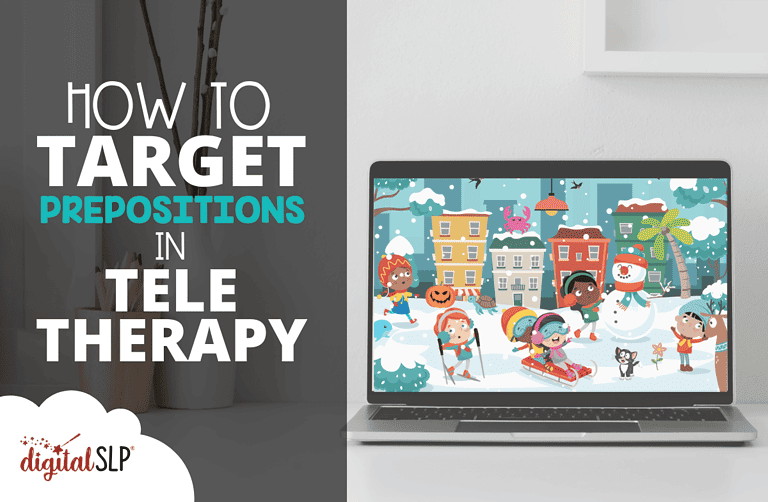
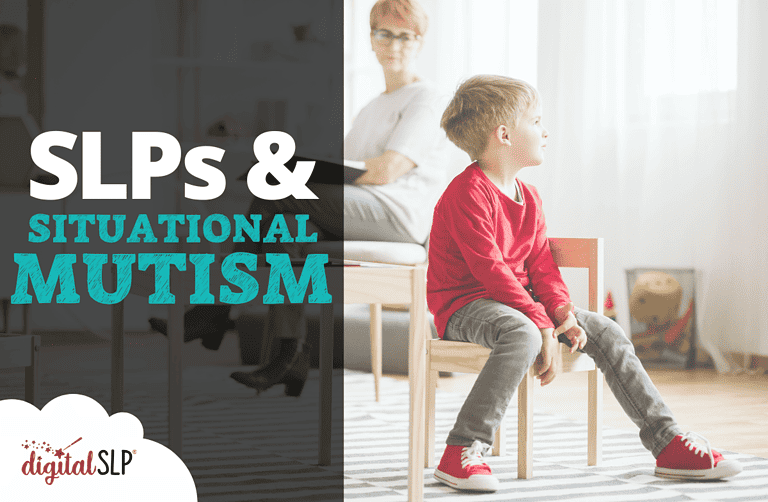

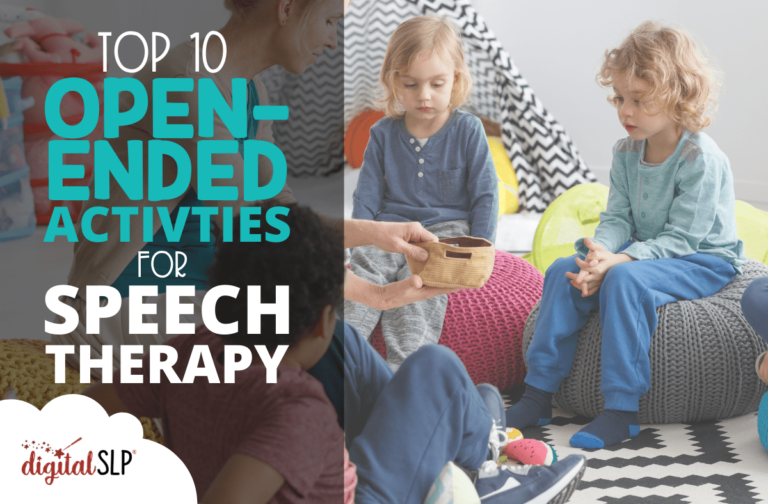

Recent Comments